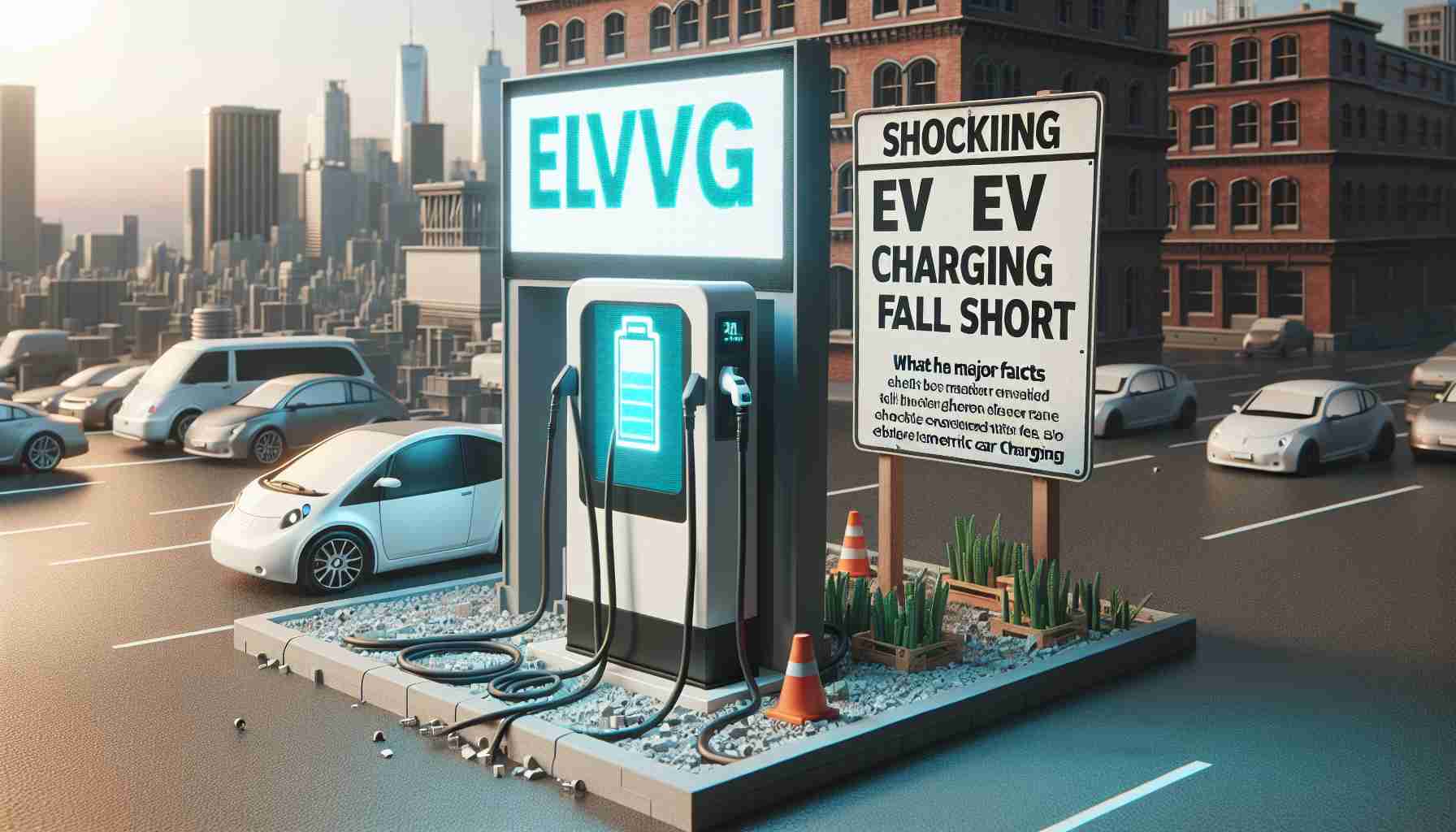- Eversource and National Grid propose new plans for EV charging, introducing monthly fees and off-peak rates.
- Eversource’s plan includes a $15 monthly fee and an off-peak rate of 19 cents per kWh.
- National Grid offers a slightly lower fee of $10 and an off-peak rate of 14 cents per kWh.
- Both plans require a separate meter installation, expected to take at least four years.
- Potential savings for EV owners may be overstated; true savings could only be about $21 per month.
- Consumer expectations for better financial incentives and support for greener energy transition are emphasized.
- Regulatory decisions are pending, with a deadline at the end of October.
In a bid to electrify transportation, Eversource and National Grid have unveiled plans that might leave EV drivers more confused than excited. Eversource proposes a $15 monthly fee with an off-peak charging rate of 19 cents per kilowatt-hour—just slightly more than half of the higher peak rate. Meanwhile, National Grid offers a lower $10 monthly fee and an even cheaper off-peak rate of 14 cents. However, both plans demand the installation of a separate meter, a process projected to drag on for at least four years.
As regulators consider these proposals, skepticism looms. An attorney general’s assessment reveals that the math isn’t adding up for savings. While the utilities boast potential savings of up to $146 monthly, the reality suggests most EV owners might only save about $21—assuming they charge exclusively during off-peak hours. For those who charge during peak times, bills could even rise.
Various alternatives have emerged as potential solutions. One suggestion advocates for an all-encompassing home time-of-use rate, which could roll out alongside advanced metering configurations. Another innovative approach would leverage data from vehicle systems to provide financial incentives for off-peak charging, a strategy already in play in states like California and Minnesota.
The clock is ticking for regulators to make a decision by the end of October. The overarching message? Consumers deserve better financial incentives that not only ease costs but also support a greener future. It’s time to shift the load off-peak and unlock the true potential of electric vehicle charging!
Charge Up: Find Out How EV Plans Could Impact Your Wallet
## Understanding New EV Charging Proposals and Their Implications
Eversource and National Grid are at the forefront of transitioning towards electric vehicle (EV) charging solutions, but their recent proposals leave much to be desired. Here is a detailed look at the current landscape of these plans, including features, limitations, and alternative solutions.
Features of Eversource and National Grid Proposals
– Monthly Fees: Eversource proposes a $15 fee, while National Grid suggests a lower fee of $10.
– Off-Peak Rates: Eversource offers an off-peak charge rate of 19 cents per kilowatt-hour, while National Grid’s is 14 cents.
– Separate Meter Requirement: Both companies require the installation of a separate meter for these rates, which is expected to take at least four years.
Potential Limitations
– Savings Not Guaranteed: Despite claims of savings up to $146 monthly, the reality is that most users will see savings of only about $21, assuming off-peak charging. In peak times, bills could increase.
– Complex Setup: The requirement for a separate meter and the long implementation period raises concerns about accessibility for many potential users.
Alternative Solutions
Innovations and alternative approaches could reshape the EV charging landscape:
– Home Time-of-Use Rates: A comprehensive home charging rate, which could offer more straightforward pricing aligned with consumer needs.
– Data-Driven Incentives: Leveraging vehicle system data to encourage off-peak charging could boost engagement and savings—already being implemented successfully in states like California and Minnesota.
Trends in Electric Vehicle Charging
– Growing Market Demand: As more consumers shift towards electric vehicles, the demand for transparent and effective charging solutions is increasing.
– Regulatory Influence: Regulatory decisions, expected by the end of October, will play a significant role in determining the viability and attractiveness of these plans.
– Sustainability Goals: There is an urgent push for initiatives that not only support EV charging but encourage overall greener solutions.
Important Questions
1. What are the long-term savings for EV owners under these proposals?
The anticipated savings may not be as significant as proposed; many EV owners could only see a modest savings if they charge exclusively during off-peak hours. Others who charge during peak hours could end up paying more.
2. Why is the installation of a separate meter necessary?
A separate meter is required to accurately track off-peak charging usage separately from general usage; however, this adds complexity and cost to consumer adoption.
3. What innovations are on the horizon for EV charging solutions?
Data-driven financial incentives and comprehensive home time-of-use rates could provide more efficient and consumer-friendly charging options in the future.
For more insights on electric vehicle policies and innovations, visit Energy.gov.

















